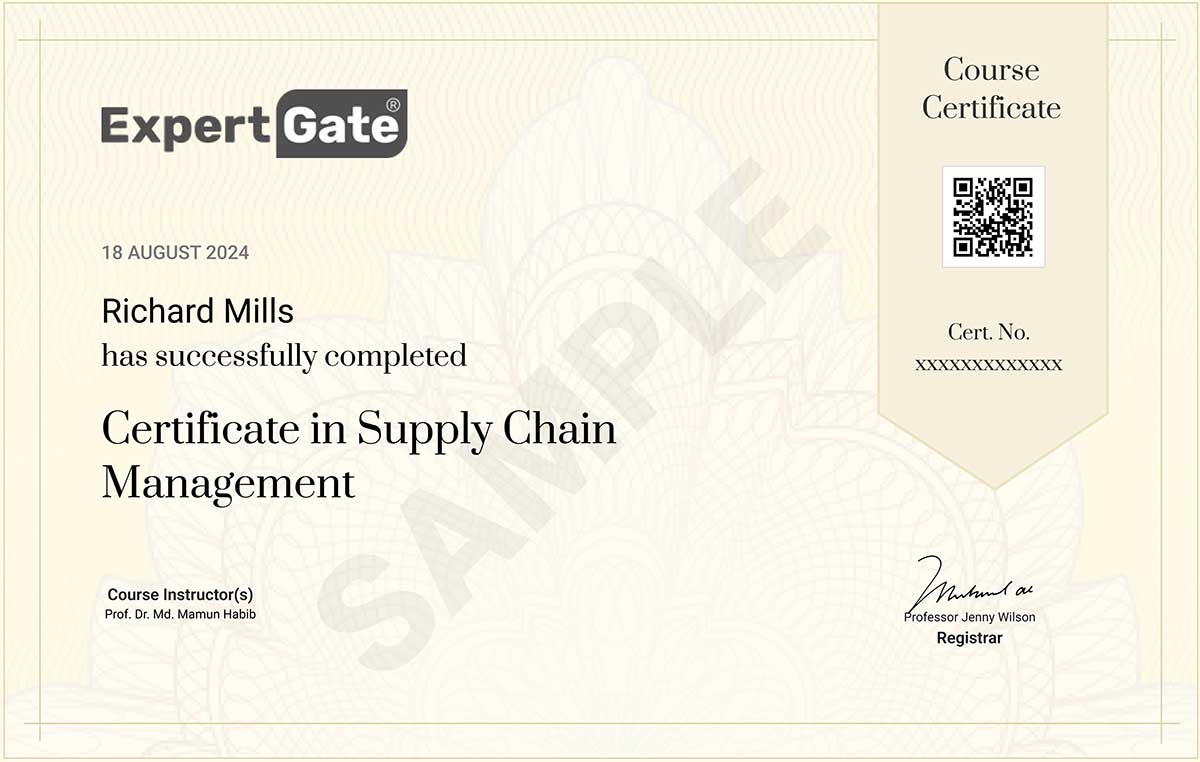Corporate and Shariah Governance in Islamic Financial Institutions

Overview
Participants will gain a comprehensive understanding of the roles and responsibilities of governance bodies such as Shariah boards, executive management, and regulatory authorities. The course covers the principles behind Shariah compliance, ethical decision-making, and risk management, alongside the importance of corporate governance practices in maintaining financial stability and stakeholder trust. Through a blend of theoretical knowledge and real-world case studies, participants will learn how to tackle common governance challenges, such as resolving conflicts of interest and ensuring seamless communication between governance bodies.
Instructors
Outcomes
Structure
Day 2: Analyzing the Framework of Corporate Governance and Shariah Board Functions
Assessment
The assessment for this course is designed to ensure that participants have thoroughly understood the core concepts of corporate and Shariah governance in Islamic financial institutions (IFIs) and can apply this knowledge in real-world scenarios. The assessment will consist of the following components:
- Case Study Analysis: Participants will be given a series of real-world governance scenarios related to IFIs. They will analyze these cases, identifying governance challenges and proposing actionable solutions. This exercise will test their ability to apply governance principles to complex situations, considering both corporate and Shariah governance aspects.
- Interactive Discussions: Throughout the course, participants will engage in group discussions and exercises. Active participation will be evaluated to ensure that participants are actively contributing to discussions and demonstrating their understanding of key concepts. These discussions will focus on evaluating governance frameworks, identifying challenges, and exploring potential solutions for improving governance practices.
- Post-Course Quiz: At the end of the course, a short quiz will assess participants' grasp of essential course topics, including corporate governance frameworks, Shariah board functions, regulatory standards, and the integration of governance systems in IFIs. The quiz will test participants' retention and comprehension of the key principles taught throughout the course. The assessment is designed to reinforce learning outcomes and provide valuable feedback for participants, helping them to consolidate their understanding and apply their knowledge in their professional roles. The course will offer guidance and support throughout the assessment process to ensure that participants are well-prepared to succeed.
Target Audience
- Corporate Executives: Managers and directors working in Islamic financial institutions who are looking to strengthen their understanding of governance practices and their role in ensuring compliance with both corporate and Shariah principles.
- Shariah Scholars: Individuals currently serving or aspiring to serve on Shariah boards within financial institutions, aiming to enhance their knowledge of the governance framework and their responsibilities in ensuring Shariah compliance.
- Compliance Officers: Professionals responsible for overseeing and ensuring adherence to regulatory and Shariah standards within IFIs, who need to stay informed about the latest governance practices and frameworks.
- Financial Regulators: Representatives of regulatory authorities who oversee Islamic finance operations and need to understand the intricacies of corporate and Shariah governance to ensure effective supervision.
- Academics and Researchers: Individuals conducting research or teaching in the fields of Islamic finance, corporate governance, or banking, who wish to gain a deeper understanding of the governance structures within IFIs.
- Advanced Students: Students pursuing degrees in Islamic finance, banking, or governance-related fields who are looking to enhance their knowledge of the governance frameworks in Islamic financial institutions. This course caters to professionals and scholars who are keen to develop a robust understanding of governance systems in the rapidly evolving Islamic finance industry and who aspire to contribute to the ethical, transparent, and sustainable growth of IFIs.
Recommended Resources
Certificates

